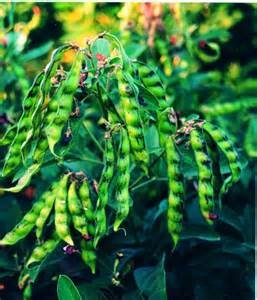Research opportunity in Pigeon Pea
December 23, 2013 | Monday | News | By BioSpectrum Bureau
Research opportunity in Pigeon Pea
The ISCB is a bilateral research and product development programme jointly funded and steered by the Indian and Swiss governments. The overall goal of ISCB is to contribute towards food security in the Indian context through innovative life sciences and biotechnology approaches, supporting sustainable and climate resilient agriculture. Innovative biotechnological products and processes addressing Indian agriculture with relevance to small and marginal farmers' needs and demands are developed and validated; their dissemination and adoption is promoted through public and private partners.
The ISCB participatory circular value chain is the key implementing strategy and is consequently followed up from research to adoption of a product by the farmers. This means in particular that the research stage should be focused towards product development and directed towards needs of small and marginal farmers.
ISCB has therefore invited pre-proposals on genetic improvement of the pigeon pea crop employing modern biotechnology tools and techniques along with relevant socio-economic research proposals from individual scientists of Indian and Swiss institutions to be submitted either independently or jointly (preferred with shared objectives) with other (Indian or Swiss) investigators.
The targeted crop workshop organized by the ISCB management is pigeon pea (Arhar, Cajanus cajan) which is of economic and food security importance to India. The collaboration envisages partnership with Swiss laboratories with advanced biotechnologies that can be tailored to meet the needs of genetic improvement of pigeon pea.
The selected pre-proposals will be requested to form a network with other selected biotechnology and socio-economic partners.
The precise and focussed research themes for the application of biotechnology candidates include genetic enhancement by developing varieties of different maturity (short duration) with improved yield and resistance to Pod borer (novel and alternative approaches except the use of Cry genes) and abiotic stresses (water use efficiency). Development of hybrids through improvement of existing cytoplasm male sterility (CMS) system and employing novel biotechnologies for the purpose of speeding up the availability of quality seeds of improved varieties.









